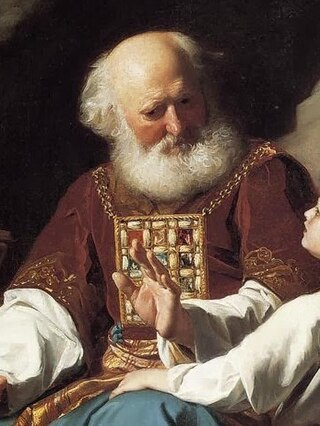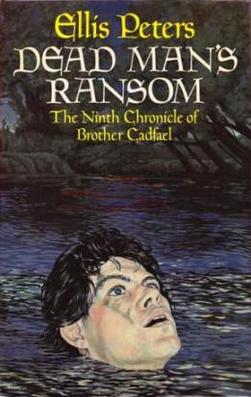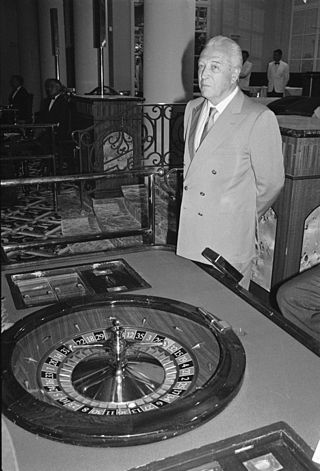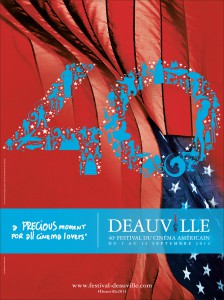
The Searchers is a 1956 American epic Western film directed by John Ford and written by Frank S. Nugent, based on the 1954 novel by Alan Le May. It is set during the Texas–Indian wars, and stars John Wayne as a middle-aged Civil War veteran who spends years looking for his abducted niece, accompanied by his adopted nephew. It was shot in VistaVision on Eastmancolor negative with processing and prints by Technicolor.

Phineas Finn is a novel by Anthony Trollope and the name of its leading character. The novel was first published as a monthly serial from 1867 to 1868 and issued in book form in 1869. It is the second of the "Palliser" series of novels. Its sequel, Phineas Redux, is the fourth novel in the series.

The Thorn Birds is a 1977 novel by Australian author Colleen McCullough. Set primarily on Drogheda—a fictional sheep station in the Australian Outback named after Drogheda, Ireland—the story focuses on the Cleary family and spans 1915 to 1969. The novel is the best-selling book in Australian history, and has sold over 33 million copies worldwide.

Colleen Margaretta McCullough was an Australian author known for her novels, her most well-known being The Thorn Birds and The Ladies of Missalonghi.

Cynthia Ann Parker, Naduah, Narua, or Preloch, was a woman who was captured, aged around nine, by a Comanche band during the Fort Parker massacre in 1836, where several of her relatives were killed. She was taken with several of her family members, including her younger brother John Richard Parker. Parker was later adopted into the tribe and had three children with a chief. Twenty-four years later she was relocated and taken captive by Texas Rangers, aged approximately 33, and unwillingly forced to separate from her sons and conform to European-American society. Her Comanche name means "was found" or "someone found" in English.

Deauville is a commune in the Calvados department, Normandy, northwestern France. Major attractions include its harbour, race course, marinas, conference centre, villas, Grand Casino, and hotels. The first Deauville Asian Film Festival took place in 1999. As the closest seaside resort to Paris, Deauville is one of the most notable seaside resorts in France. The city and its region of the Côte Fleurie have long been home to the French upper class's seaside houses and is often referred to as the Parisian riviera.

Eli was, according to the Book of Samuel, a priest and a judge of the Israelites in the city of Shiloh, ancient Israel. When Hannah came to Shiloh to pray for a son, Eli initially accused her of drunkenness, but when she protested her innocence, Eli wished her well. Hannah's eventual child, Samuel, was raised by Eli in the tabernacle. When Eli failed to rein in the abusive behavior of his own sons, God promised to punish his family, which resulted in the death of Eli's sons at the Battle of Aphek where the Ark of the Covenant was also captured. When Eli heard the news of the captured Ark, he fell from his seat, broke his neck, and died. Later biblical passages mention the fortunes of several of Eli's descendants.

A Painted House is a 2001 novel by American author John Grisham.
Rachel Parker Plummer was the daughter of James W. Parker and the cousin of Quanah Parker, last free-roaming chief of the Comanches. An Anglo-Texan woman, she was kidnapped at the age of seventeen, along with her son, James Pratt Plummer, age two, and her cousins, by a Comanche raiding party.
James W. Parker was the uncle of Cynthia Ann Parker and the great uncle of Quanah Parker, principal chief of the Comanche. A man of English American descent, he was a member of the large Parker frontier family that settled in east Texas in the 1830s.
Groupe Barrière is a brand under which two groups are marketed: Groupe Lucien Barrière (GLB) and Société fermière du casino municipal de Cannes (SFCMC). It was founded in 1912 by François André, and then managed – in succession – by Lucien Barrière, Diane Barrière-Desseigne, Dominique Desseigne, then Alexandre Barrière and Joy Desseigne-Barrière. It operates casinos in Europe. The group also operates in the French luxury hotel industry and in the catering and leisure industries.

Dead Man's Ransom is a medieval mystery novel by Ellis Peters, first of four novels set in the disruptive year of 1141. It is the ninth in the Cadfael Chronicles, and was first published in 1984.

Philipp Meyer is an American fiction writer, and is the author of the novels American Rust and The Son, as well as short stories published in The New Yorker and other places. Meyer also created and produced the AMC television show based on his novel. Meyer won the 2009 Los Angeles Times Book Prize, was the recipient of a 2010 Guggenheim Fellowship and was a finalist for the 2014 Pulitzer Prize. He won the 2014 Lucien Barrière prize in France and the 2015 Prix Littérature-Monde Prize in France. In 2017 he was named a Chevalier (Knight) in France's Ordre des Arts et des Lettres.

American Rust is a novel by American writer Philipp Meyer, published in 2009. It is set in the 2000s, in the fictional town of Buell in Fayette County, Pennsylvania, which is in a rural region referred to as "the Valley" of dilapidated steel towns. The novel focuses on the decline of the American middle class and well-paying manufacturing jobs, and the general sense of economic and social malaise. Meyer's novel received positive reviews, and many publications ranked it one of the best novels of the year.

Hemlock Grove is a 2012 horror-thriller debut novel by American author Brian McGreevy. The book was released on March 27, 2012 through Farrar, Straus and Giroux and is set in the fictional town of Hemlock Grove, Pennsylvania. A graphic novel tie-in and a television series based on the events in the book have been produced.

Lucien Barrière was a prominent French entrepreneur and businessman, best known as the founder and heir of the Lucien Barrière group. This group stands as one of the largest conglomerates comprising casinos, luxury hotels, resorts, and restaurants.

The 40th Deauville American Film Festival took place at Deauville, France from September 5 to 14, 2014. Woody Allen's romantic comedy film Magic in the Moonlight served as the opening night film. Sin City: A Dame to Kill For by Robert Rodriguez and Frank Miller was the closing night film of the festival. The Grand Prix was awarded to Whiplash by Damien Chazelle, which also won the Audience award at the festival.

The Son is an American Western drama television series based on the 2013 novel of the same name by Philipp Meyer. The show was created and developed by Meyer, Brian McGreevy, and Lee Shipman. Twenty episodes over two seasons aired from April 8, 2017, through June 29, 2019.

Sempronia was an Ancient Roman woman of the late Republic who was the wife of Decimus Junius Brutus, the consul of 77 B.C. and step-mother of his son Decimus Junius Brutus Albinus who became one of Julius Caesar's assassins.















